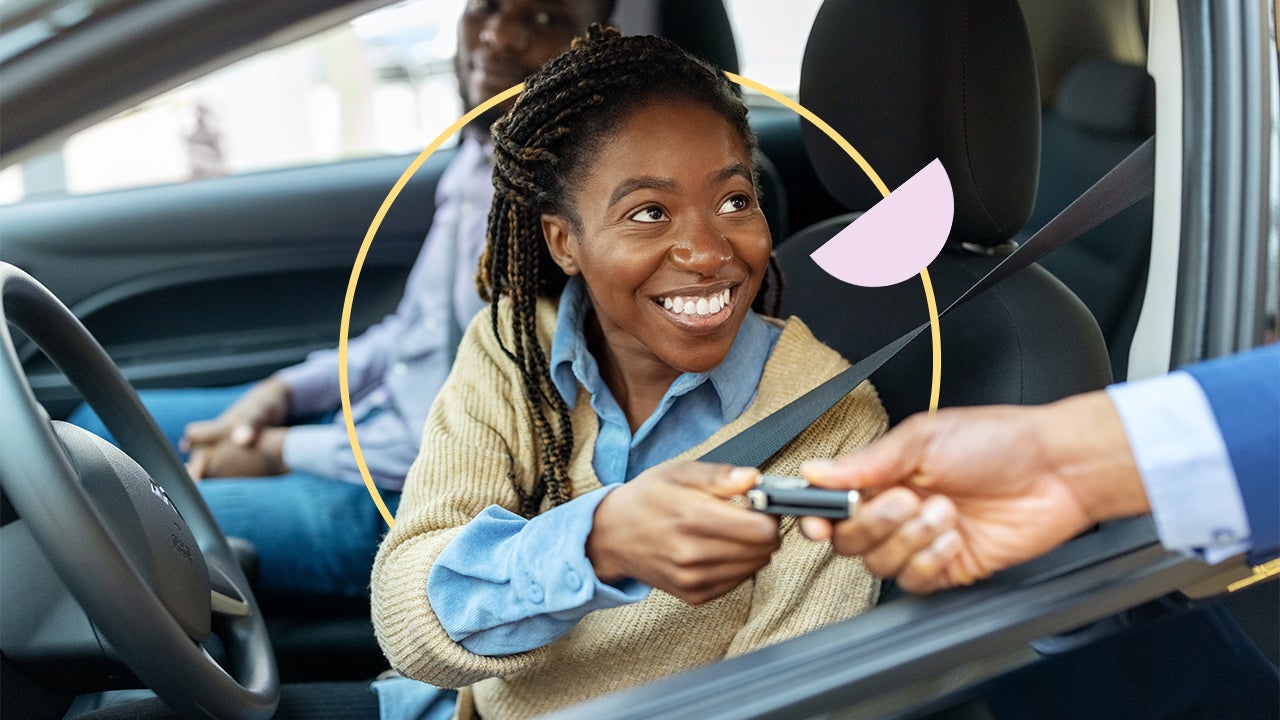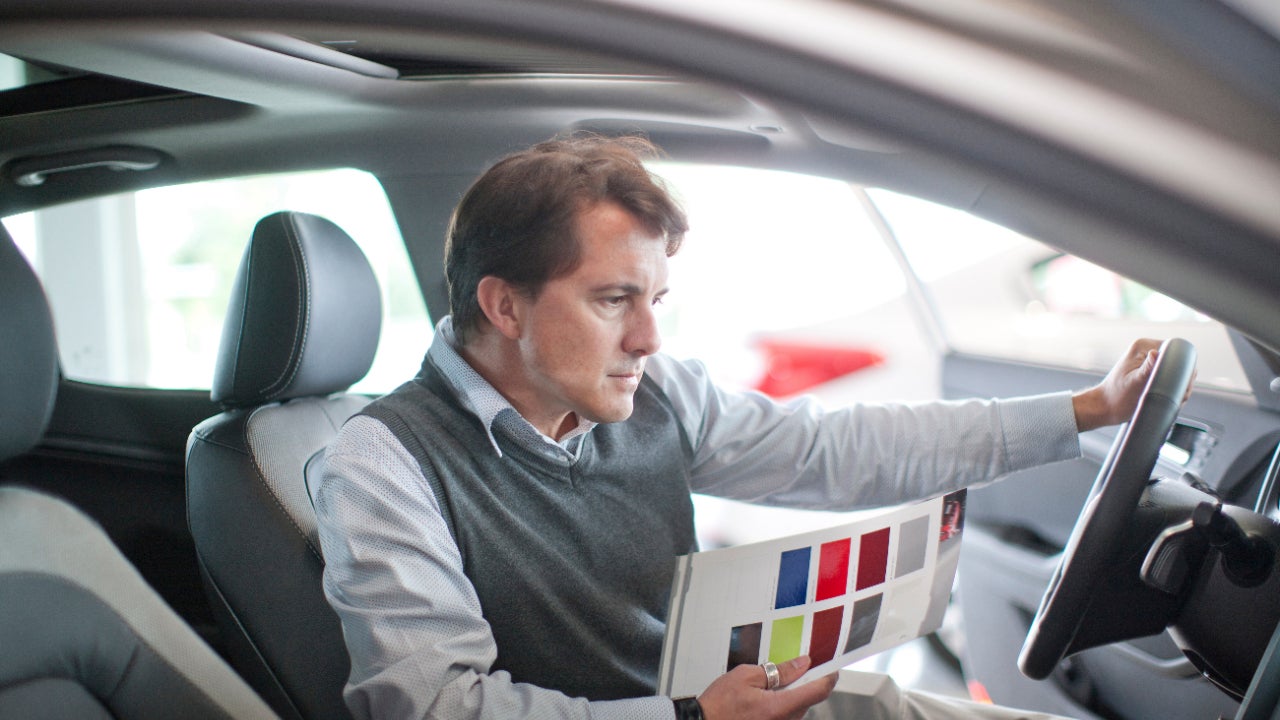How secured auto loans work




Key takeaways
- Secured auto loans are the most common financing option for borrowers looking to purchase a vehicle.
- These types of loans tend to offer larger loan amounts and more competitive interest rates compared to unsecured auto loans.
- In most cases, a secured auto loan is the right move.
A secured auto loan uses the car you are purchasing as collateral. It is the standard option on the market. Most banks, credit unions, online lenders and dealerships exclusively offer secured car loans. This helps keep rates competitive and reduces the lender’s risk, which can help people with poor credit or no credit history qualify.
Because your vehicle secures the loan, your car could be repossessed if you cannot repay it. However, a secured car loan is the best choice for most borrowers. Alongside more competitive rates, lenders may offer terms of up to 96 months and a relatively quick application process. So, while there are benefits to an unsecured loan, you may have better luck finding — and qualifying for — a secured car loan.
What is a secured car loan?
Secured auto loans are the most common type of auto loan. They are offered by a wide range of lenders that work with borrowers across the entire credit spectrum. While the requirements you need to meet will vary by lender, overall, secured auto loans are much easier to find and qualify for.
Like any loan, you will be responsible for repaying the amount you borrow plus interest and fees. When you take out a secured auto loan, you use the car you are purchasing as collateral for the loan. This means that the lender will keep the car title until you finish paying off your loan.
If you are unable to repay, the lender can repossess your vehicle and sell it to recoup the loss. Because of this, lenders are more likely to offer competitive rates and work with borrowers with bad credit.
Benefits of secured car loans
Secured loans can be a good choice if you are looking for a lower auto loan interest rate or to finance a more expensive vehicle. Since they are the standard option for purchasing a car, you will also have an easier time finding a secured auto loan than an unsecured one.
Larger loan amounts
Lenders may finance 110% to 125% of the vehicle’s value when you borrow a secured auto loan. This allows you to purchase extras like gap insurance or an extended warranty without paying out-of-pocket. The amount you can borrow is capped based on factors like your income and other debts. However, you can generally find secured loans to cover the cost of more expensive vehicles.
Unsecured auto loans are simply personal loans used to buy cars. These loans generally top out at $50,000. And some personal loans have much lower maximums in the $25,000 to $35,000 range. This limits the total amount you can spend on a car.
During the third quarter of 2025, the average amount financed for new vehicles was $42,332 and $27,128 for used vehicles, according to Experian. Finding an unsecured loan that can cover such a high cost may be difficult.
Easier to qualify
Another advantage of getting a secured loan is that it is easier to qualify for. A lender will consider the value of the vehicle you want to buy. They also weigh your credit score, income and debt-to-income ratio.
If you don’t have great credit, a secured loan can be a good option. The lender isn’t taking as big of a risk when it has collateral.
Because an unsecured loan does not have collateral, a lender relies solely on your credit score and income. This limits your borrowing power.
Lower interest rates
Secured auto loans tend to have lower rates than their unsecured counterparts. The average interest rate for a new secured car loan was 6.56% in the third quarter of 2025, according to Experian. For used car loans, it was 11.40%.
An unsecured personal loan has an average rate of 12.49% as of August 2025, according to Bankrate Monitor data. The difference is not too significant if you are looking for a used car. But for new cars, you are more likely to get a competitive rate with a secured car loan.
Even lenders like LightStream that offer unsecured auto loans don’t offer the most competitive rates. LightStream’s starting annual percentage rate is 6.49% for well-qualified borrowers. Because secured car loans tend to have lower starting rates, they can be a much better option when you’re shopping for your loan.
Possible downsides of secured auto loans
Although secured auto loans are the standard option, they aren’t the right choice for every borrower.
Less flexibility
While secured auto loans allow you to wrap in add-ons, they can only be used for expenses related to the vehicle. An unsecured personal loan, on the other hand, can be used for almost anything, including to cover multiple expenses at once.
Used vehicle restrictions
Many lenders set mileage and age limits on used cars when you borrow a secured car loan. An unsecured loan is unlikely to have any restrictions. This also makes unsecured loans a better route for salvage or rebuilt titles or if you want to buy a particularly old used car.
Repossession more likely
Drivers with secured auto loans are more likely to have their vehicles repossessed than those with unsecured loans. This is because your lender can repossess your car if you default on a secured auto loan. With an unsecured loan, the lender must go to court to collect.
Bottom line
Ultimately, most borrowers go with a secured auto loan. While an unsecured loan may be beneficial in certain scenarios, opting for a secured auto loan will likely be the best choice. Take the time to compare different lenders to ensure you drive off the lot with the best deal.
Why we ask for feedback Your feedback helps us improve our content and services. It takes less than a minute to complete.
Your responses are anonymous and will only be used for improving our website.




